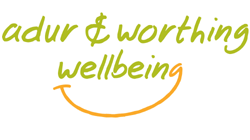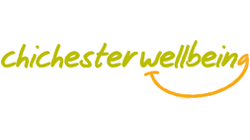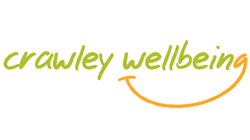Safe farm visits

Avoiding infections
Visiting farms can be great fun for the whole family but contact with farm animals carries a risk of catching infections from some bugs they carry naturally.
You can reduce this risk by washing hands thoroughly with soap and warm water after contact with animals or their environment. Always wash hands before eating and drinking on farm visits. Hand gel or wipes are not a substitute for washing hands.
If you or anyone in your group is sick or has diarrhoea within two weeks of visiting a farm contact your GP or call NHS 111. For more information about safe farm visits, see the UK Health Security Agency blog.
Types of infection
Cryptosporidiosis and Escherichia coli (E. coli) and Salmonella are some of the common bugs you can pick up when you visit a farm.
- Cryptosporidiosis presents mainly as a tummy bug with abdominal pain, diarrhoea and vomiting.
- E.coli can be mild with a tummy ache or more serious with vomiting, bloody diarrhoea and kidney problems in children.
- Salmonella is usually a mild condition associated with tummy aches, vomiting and diarrhoea. However, it can become more serious.
Preventing the spread of infection
If one of your family develops symptoms after a farm visit, it’s important to prevent spread by washing hands with soap and warm water:
- after visiting the toilet
- before and after preparing food
- before eating and drinking
- after contact with animals or their environment
Ensure that anyone with symptoms does not go to work, nursery or school until at least 48 hours after they’ve recovered. With a cryptosporidium infection, do not swim until two weeks after symptoms have stopped.
If you or your child becomes unwell within 2 weeks of a farm visit, please contact NHS 111.
More information
See the websites below for more information on symptoms, preventing spread and treatment:
- UK Health Security Agency blog - Cryptosporidium
- NHS Inform website - Escherichia coli (E. coli)
- The NHS website - Diarrhoea and vomiting






